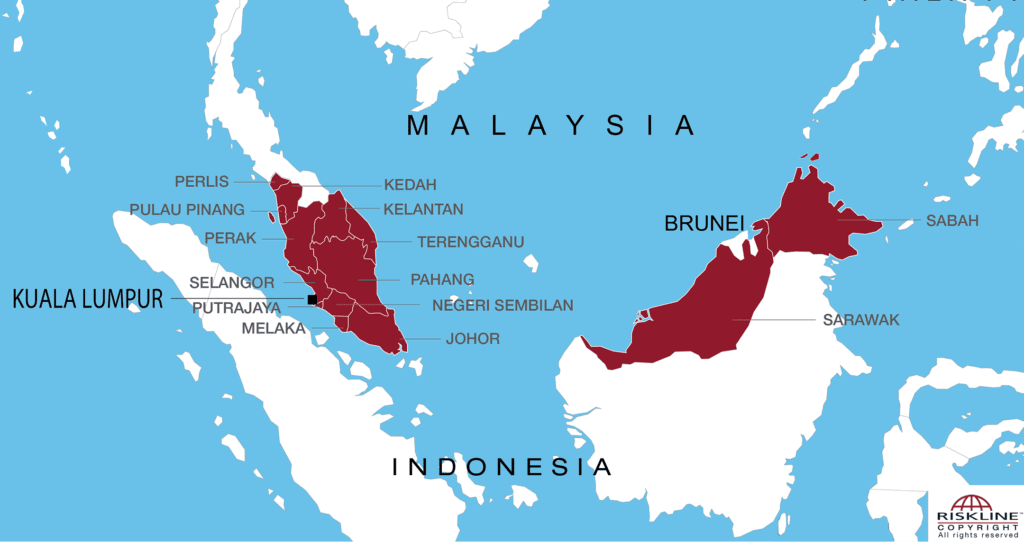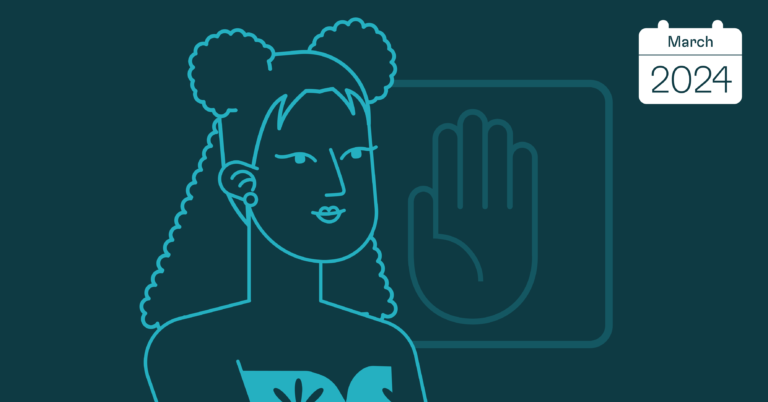Malaysia’s upcoming 14th general election (GE) scheduled on 9 May is expected to be closely-contested despite an unfair electoral system that tilts the contest in favour of Prime Minister Najib Razak’s ruling Barisan Nasional (National Front, BN). Prime Minister Najib’s coalition wields a great deal of control over the vast government machinery and mass media and is widely-believed to hold significant influence over the Election Commission (EC), despite the body’s claim of impartiality. Nevertheless, with rising living costs, public discontent over several high-profile government corruption scandals, one involving Najib himself, and the entry of influential former Prime Minister Mahathir Mohamad – Najib’s one-time mentor-turned nemesis – to lead the opposition Pakatan Harapan (People’s Alliance, PH) coalition, an assured BN victory is far from certain.
Even though BN has been in power since the country gained independence in 1957, the last two GEs in 2008 and 2013 witnessed a significant loss of support for the coalition, allowing the then-opposition Pakatan Rakyat (People’s Alliance, PR) coalition to deny BN a two-thirds majority in parliament, which it had previously enjoyed. In 2013, BN lost the popular vote (securing less than 48 percent as opposed to PR’s 51 percent) for the first time in its history but still managed to cling to victory due to the first-past-the post voting system that does not reflect proportional representation.
Najib’s popularity has eroded ever since the revelations of a corruption scandal involving state investment fund 1MDB which first surfaced in 2016. The fund, in which Najib served as chairman of its advisory board, has been the subject of investigations by law enforcement agencies in the United States, Switzerland and Singapore over the misappropriation of at least USD 3.5 billion of taxpayer money used to enrich political insiders. Several other scandals, including one involving a fraudulent transaction concerning a state land development agency worth over USD 69 million, has tarnished his government’s reputation. This, coupled with rising living costs in tandem with the introduction of the Goods and Services Tax (GST), has seen Najib’s approval rating hover only around 10 percent among the urban population and approximately 50 percent among rural voters in the first quarter of 2018, based on a study by Financial Times Confidential Research (FTCR).
However, while his waning popularity should undoubtedly benefit his opponents, a recent split in the opposition may not allow them to fully capitalise on this. The Pan Malaysian Islamic Party (PAS) broke away from the PR coalition midway through 2017 after highly publicised disagreements with its coalition partners, the Democratic Action Party (DAP) and the People’s Justice Party (PKR), over its Islamic state agenda. PAS has chosen to form its own coalition with several minor parties to contest in the upcoming election, resulting in three-cornered fights across most constituencies in the country that could split the opposition vote and allow a BN victory.
With the exit of PAS, DAP and PKR formed the PH coalition together with Mahathir Mohamad’s newly-established Malaysian United Indigenous Party (PPBM) and AMANAH, a moderate PAS splinter group. Mahathir’s move was unprecedented as he was the nemesis of PKR head and opposition leader Anwar Ibrahim, who is currently imprisoned on charges of sodomy. Mahathir was largely responsible for Anwar’s fall from grace as Deputy Prime Minister in 1997 and his eventual imprisonment. The fact that these two political adversaries have managed to close ranks indicates a significant shift in the country’s political dynamics. PPBM in particular is seen as a credible challenge to sway rural Malay support away from the United Malays National Organisation (UMNO) – the dominant party of Najib that essentially controls BN – as it counts several former UMNO heavyweights among its members besides Mahathir, including Najib’s former deputy prime minister. Mahathir remains a highly-respected figure among the Malay population and is credited in modernising the country. Ethnic Malay Muslims account for almost 60 percent of the population and their support is crucial for any party to achieve victory. Having said that, PAS still has considerable support in the country’s northern region (Kelantan, Terengganu and Perlis states) which is overwhelmingly Malay Muslim and has a strong grassroots network, meaning that it will very likely split the Malay vote, particularly in these states. In fact, several PH politicians have accused PAS leaders of having a backdoor agreement with UMNO to act as a spoiler and split the opposition vote in return for undisclosed favours, but this allegation is impossible to prove.
Najib’s coalition still maintains an advantage as polling day draws closer. It effectively controls the vast government machinery and resources to facilitate its campaign, allowing it to give out government-sponsored cash handouts several times a year to large sections of the population. BN also controls the country’s mass media (major newspapers and television stations are either state-controlled or owned by BN-friendly individuals), which ensures comprehensive coverage for its election campaign and minimal, largely negative coverage of the opposition. Opposition politicians are forced to rely on online and social media for campaigning. However, perhaps the biggest hurdle that the opposition faces is BN’s gerrymandering of electoral boundaries. In a highly-controversial move, BN swiftly pushed through changes to electoral boundaries conducted by the EC just before parliament was dissolved in April. The redelineation split many opposition held-constituencies and created more rural Malay-majority constituencies to ensure BN has a better chance of victory. In fact, critics indicated that BN can theoretically win a simple majority of 112 seats in 222-seat parliament with only 33 percent of the vote with the new boundary changes.
While a BN victory seems more likely on 9 May, given the change in the country’s electoral boundaries, a potential swing of Malay votes to the Mahathir-led PH coalition could effectively negate the advantages gained by BN through gerrymandering and allow the opposition to achieve victory. Adversely however, the split between PAS and PH and the three-cornered fights it entails means that this scenario is difficult to achieve, ensuring that Najib remains in pole position for another term as prime minister.















